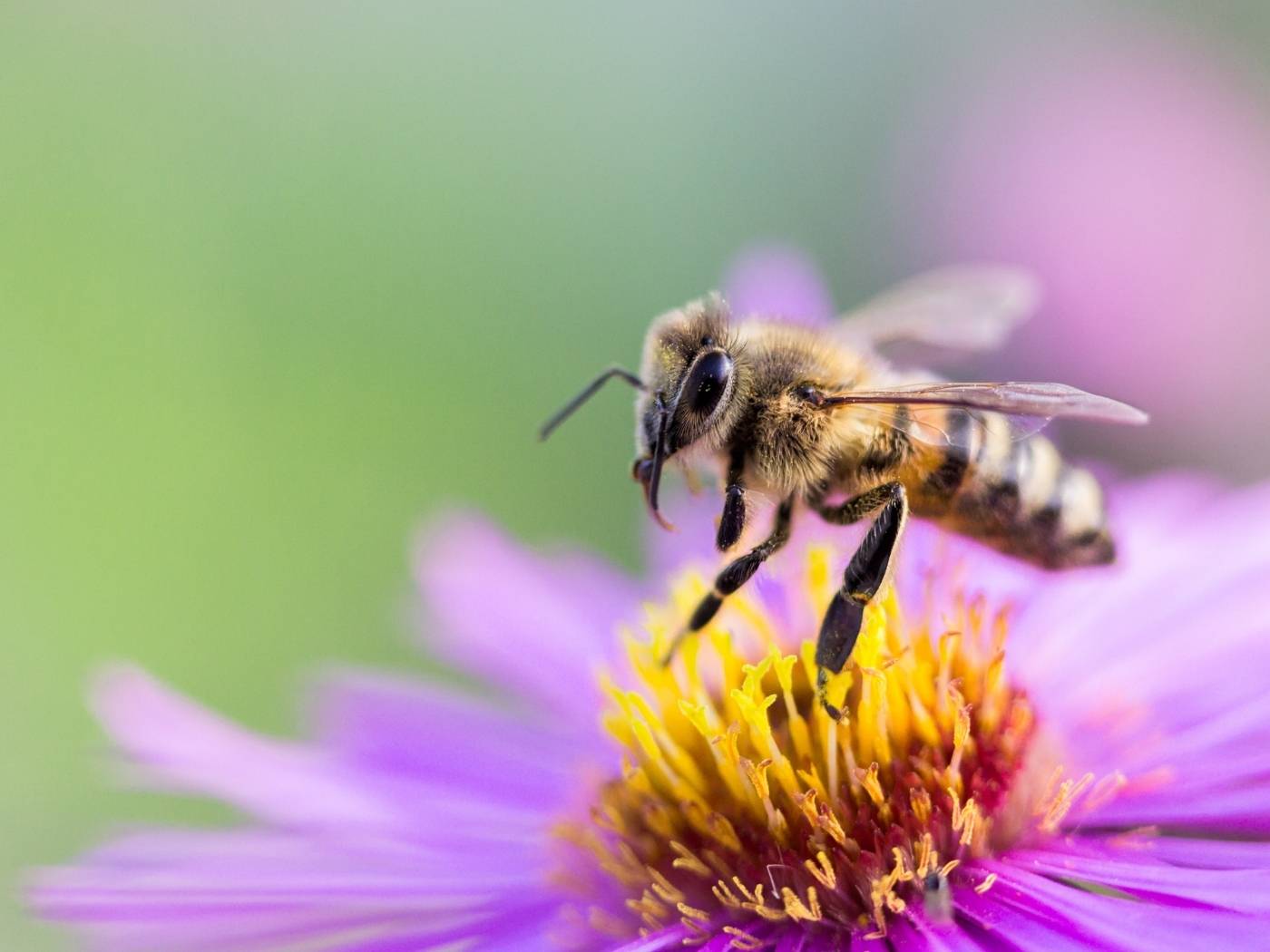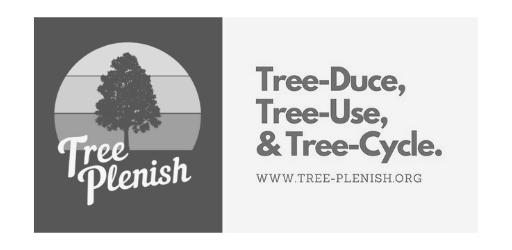In the delicate dance of our planet's ecosystems, few performers are as vital as the unassuming bee. These tireless pollinators are the unsung architects of vibrant landscapes, orchestrating the bloom of flowers, the abundance of fruits, and the lush fields that sustain us. Bees, with their intricate pollination rituals, are not just charming visitors; they are the guardians of biodiversity and the lifeblood of our global food web.
Yet, a shadow hangs over the blooming meadows. The world is grappling with the distressing decline in bee populations, a crisis that threatens the very fabric of our natural world. Bee colonies are vanishing at an alarming rate, prompting scientists, environmentalists, and concerned citizens to unite in the face of this ecological emergency. The symphony of nature is in danger of losing its most essential performers, and the repercussions for humanity are ominous.
Why Do People Say Save The Bees?
Bees are critical to reproduction of plants, fruits and for our food supply.
Picture a world without the gentle hum of bees. Gardens that once flourished in a riot of colors and scents now stand silent, devoid of life. Fruit trees, once heavy with bounty, wither away, unable to bear the fruits of pollination. The absence of bees reverberates through our ecosystems, leaving behind an eerie stillness that speaks volumes about the interconnectedness of life.
Without bees, the delicate balance of our food web teeters on the brink. Crops that depend on pollination face catastrophic declines, triggering a domino effect that reverberates through our agricultural systems. The repercussions for human survival are daunting, underscoring the urgency of preserving the intricate web of life that bees sustain.
Are Bees Becoming Extinct?
Scientists say that one in six bee species is regionally extinct, with over 40 percent facing the risk of extinction. The current status of bee populations is concerning, with various species facing declines. While the term "extinct" may not apply universally, certain bee species are indeed endangered. So, what's causing bees to die?
Researchers are utilizing animal tracking techniques to monitor bee movements and habitats, helping to identify the factors contributing to their decline.
Pesticides and Chemicals
The use of pesticides and harmful chemicals poses a grave threat to bee populations. These toxic substances, intended to protect crops, inadvertently harm bees, as they carry these poisons back to their hives, jeopardizing the entire colony.

Loss of Natural Habitats
The encroachment of urbanization and agricultural expansion results in the loss of natural habitats for bees. The disappearance of meadows and wildflower-filled landscapes leaves bees with fewer areas to forage and thrive, contributing to the decline of their populations.
Climate Change
The escalating impacts of climate change further intensify the challenges faced by bee populations. Altered weather patterns, extreme temperatures, and disrupted flowering seasons affect the availability of nectar and pollen, disrupting the delicate balance of bee ecosystems.
How Can We Save the Bees?
Securing the future of bees requires collective action. Planting bee-friendly gardens, reducing pesticide use, and raising awareness are vital steps toward their conservation. By fostering a bee-friendly environment, individuals and communities play a pivotal role in ensuring the well-being of these crucial pollinators.
Amidst the challenges, noteworthy conservation efforts have emerged. Collaborative initiatives between communities, governments, and organizations have led to the protection of bee habitats, implementation of sustainable farming practices, and the development of pollinator-friendly policies. These achievements underscore the positive impact of concerted conservation endeavors.
In some regions, dedicated conservation initiatives have resulted in the recovery of bee populations. Through habitat restoration projects, targeted species protection, and community engagement, there are inspiring instances of bees making a comeback. These success stories highlight the resilience of bees when provided with the right conditions and emphasize the potential for positive change in the fight for their survival.

10 Fun Facts About Bees
1. Vital Pollinators: Bees are essential pollinators, contributing to the reproduction of flowering plants by transferring pollen from male to female flower parts.
2. Diverse Species: There are over 20,000 known species of bees, ranging from solitary bees to social species like honeybees and bumblebees.
3. Honey Production: Honeybees, primarily Apis mellifera, produce honey as a food source for the colony. They create this sweet substance by collecting nectar from flowers and transforming it through a process of regurgitation and evaporation.
4. Unique Communication: Honeybees communicate through intricate dances, such as the waggle dance, to convey information about the location of food sources.
5. Colony Hierarchy: Honeybee colonies have a structured hierarchy with a queen, worker bees, and drones. Each plays a specific role in the survival and functioning of the colony.
6. Incredible Navigation: Bees possess exceptional navigation skills using landmarks and the sun's position. They can also detect polarized light patterns in the sky.
7. Winged Architects: Certain species of bees, like leafcutter bees, construct nests using leaves to create protective chambers for their eggs.
8. Superbly Adapted Vision: Bees can see ultraviolet light, which is invisible to the human eye. This adaptation helps them locate nectar guides on flowers.
9. Life Span Variability: The lifespan of a bee varies based on its role in the colony. Worker bees generally live a few weeks, while queens can live for several years.
10. Global Impact: Bees play a crucial role in global food production, as they pollinate numerous crops, including fruits, vegetables, and nuts, contributing significantly to agricultural biodiversity.
Conclusion
As we confront the stark reality of a world without bees, the gravity of our responsibility becomes undeniable. We stand at the precipice, with the choice to either witness the descent into desolation or to rally together and rewrite the script. The plight of bees is a clarion call, urging us to recognize the profound impact of their absence and to act decisively to preserve the delicate balance of our shared home. Let us be the generation that refuses to accept the silence and strives to restore the harmonious buzz that resonates through the gardens of life.













